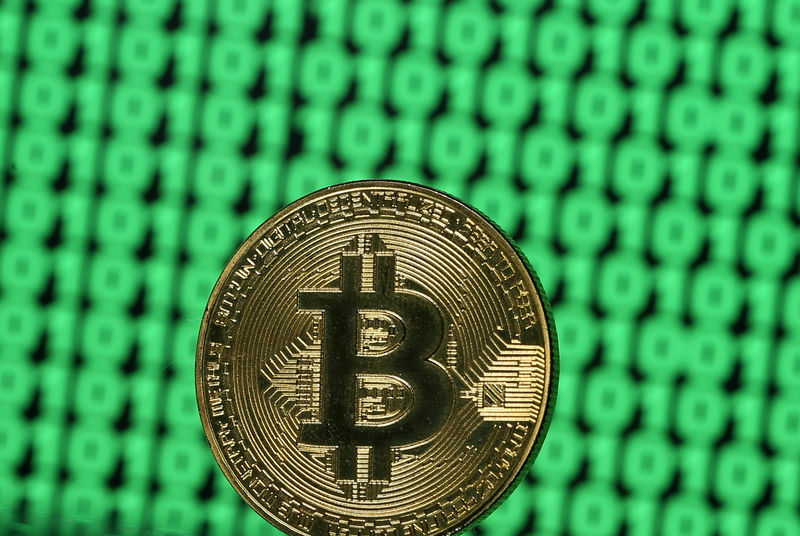US stock futures flounder amid tech weakness, Fed caution
Bitcoin's price showed a notable rebound on Thursday, heading towards the $27,000 mark after a 3% dip. This movement appears to be influenced by the Consumer Price Index (CPI) data released by the US Bureau of Labor Statistics. Historical trends suggest Bitcoin's value often increases when inflation is unexpectedly low.
The September CPI report revealed a 0.2% lower inflation rate compared to August's 0.6%, according to TradingEconomics' US Inflation Rate Month on Month data. Following this report, Bitcoin's price experienced a significant rise of 12% from $25,100 on September 12 to $28,050 by the end of the month, as indicated by TradingView data.
In light of these trends and considering August's 0.4% inflation increase, market observers anticipate that Bitcoin could soon retest the $30,000 level. This prediction persists despite the cryptocurrency having hit its lowest point in the second half of 2023 and amidst escalating tensions in the Middle East, as reported by Smart Investing news.
The relationship between Bitcoin's price and inflation data highlights the cryptocurrency's potential as a hedge against inflation. The recent bounce-back in Bitcoin's price demonstrates its resilience in fluctuating market conditions and amid geopolitical uncertainties.
This article was generated with the support of AI and reviewed by an editor. For more information see our T&C.
